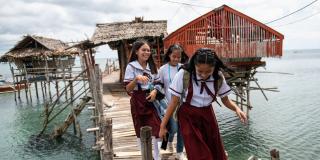
How we work to ensure we leave no one behind.
Across all our programmes we focus on building communities that are resilient, inclusive and accountable.
Our three 'core approaches' are fundamental to our volunteering for development approach, ensuring that the people we work with have the confidence and capacity to bring about change in their own lives:
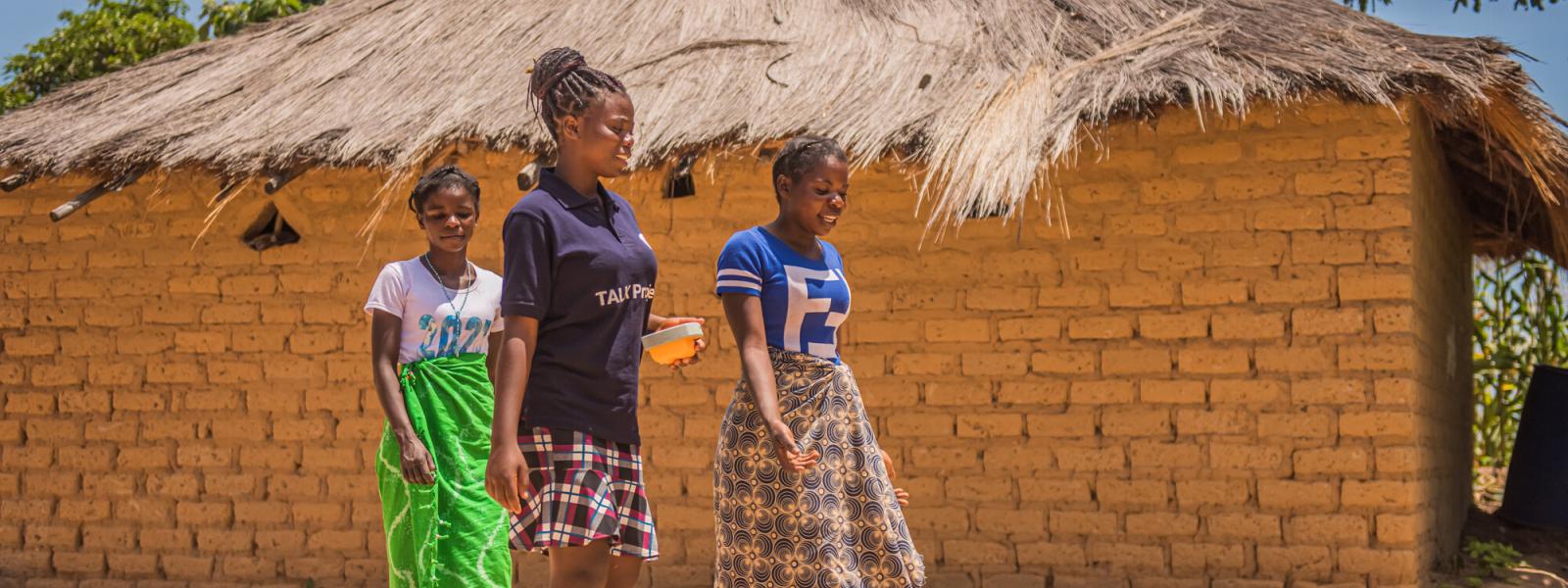
Social inclusion and gender
Around the world, thousands of people are discriminated against because of who they are. This may be on the basis of their gender, age, disability, cultural background, sexual orientation, and many other factors.
We aim to understand and address the systemic causes of this discrimination, and all our programmes are underpinned by a rigorous social exclusion and gender analysis. As a lead partner on the Leave No One Behind initiative, we are committed to inclusivity in all we do. VSO uses and promotes the Washington Group of Questions. These are tools which allow us to get better data on people living with disabilities. This, in turn, ensures our programmes include and support them.
Examples of our work ensuring social inclusion and gender equality
Last year, in Nepal, we trained teachers in 203 government schools to use these tools. Over 14,000 learners were assessed and, as a result, we identified 382 children (3% of learners) with disabilities. By informing teachers and the local authorities of the extent of disability in government schools, we supported their ability to respond to the needs of those learners. This is crucial if we are to live up to the principle of leaving no-one behind which underpins the Sustainable Development Goals. This approach will be rolled out to other schools in Nepal.
In both Nepal and Kenya, we supported Gender Education Inclusive Networks (GEIN) of schoolgirls, teachers, and youth mentors, to sensitise girls to their rights and to support them in raising concerns about abuse and violence from teachers and other children to the relevant authorities. In both countries, we are seeing girls growing in confidence to speak out.
We also supported the strengthening of gender policies and sought to influence governments on inclusion. In Cambodia, we helped the government develop a gender sensitive action plan for fisheries administration. In Tanzania, VSO developed the mitigation strategy to overcome social exclusion and improve gender equality in the extractives sector as part of our interventions on the EU-funded Collective Action for Rights Realisation in Extractive Industry (CLARITY) project. This strategy highlights areas for ensuring safety, security, and protection of women.
Case studies from our work in social inclusion and gender
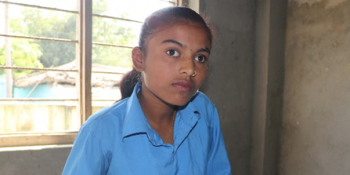
Breaking down stereotypes of people with disabilities
15 years old Nisha is a resident of Sakraul, Nepal living with a disability. People in her community used to call her names which hurt her feelings and broke her confidence down. Now she's returned to school and the communities sees that she can do anything. Read her story.
Sewing the seams of inclusion and other stories of hope
Three inspiring stories of hope that demonstrate how VSO’s resilient livelihoods programming is changing the lives of people with disabilities for the better.
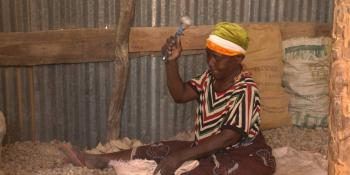
Helping women benefit in Tanzania’s male dominated mining industry
Women stand to gain much from Tanzania's male dominated mining industry. Find out how a VSO project is supporting women - and youth and people with disabilities - to access equitable opportunities in the sector in Geita and Mara.
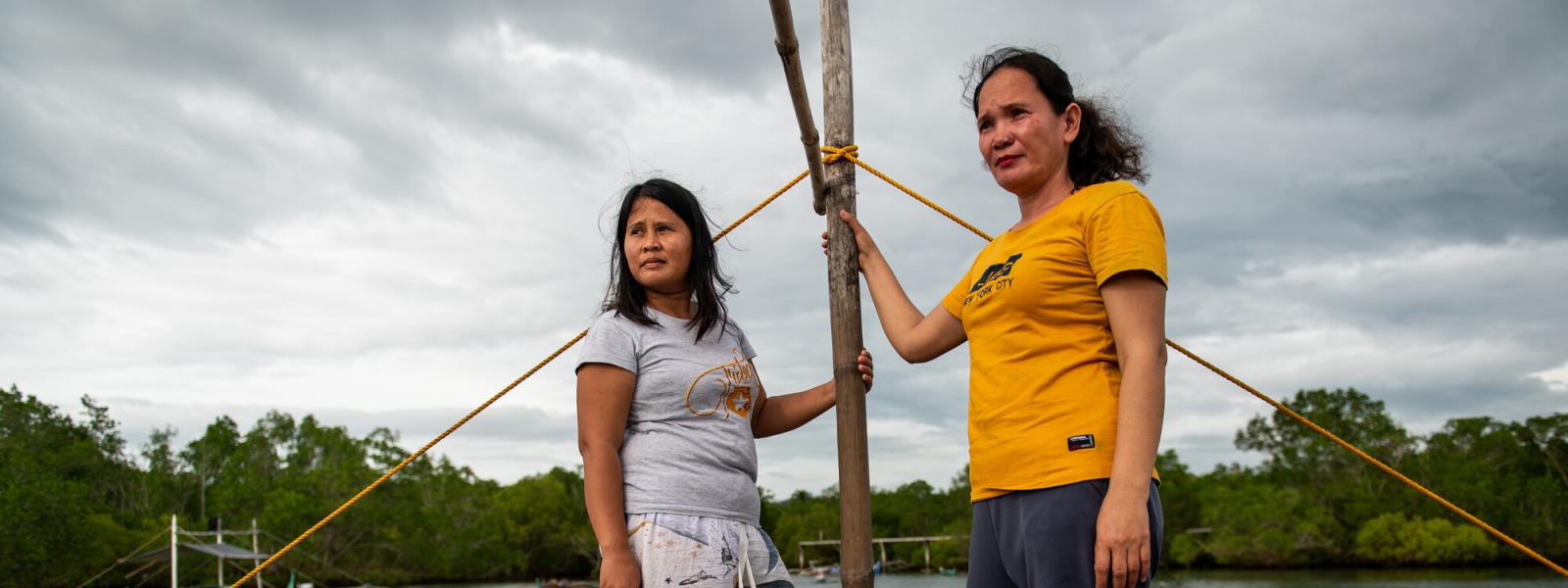
Resilience
Disasters, disease outbreaks and other shocks and stresses can have a devastating effect on communities - especially those which are already marginalised. We know that resilience is essential to ensuring sustainable development.
Building resilience isn’t just about responding to crises as they happen. Rather, we work to develop communities' ability to identify, prepare for and respond to a range of threats, whilst creating the social, practical and financial safety nets needed to help cushion the impact when disaster does strike.
Examples of our work building resilience
Following major flooding in Nigeria, VSO led a team of 10 volunteers to evidence the loss and damage incurred by over 1,000 households, and to identify priority areas of support. The results were digitised and submitted to provincial disaster response agencies to support the design of their response. VSO volunteers worked with affected communities to develop climate resilience plans and to establish drainage systems to reduce vulnerability to future floods.
Climate resilience plans were developed in Zimbabwe and Mozambique, where volunteers supported communities to take forward climate adaptation actions such as agro-ecological farming and emergency preparedness to reduce risks from cyclones and flooding. This is even more critical as cyclone frequency and intensity has continued to escalate in the region.
In Mozambique, VSO worked with the National Youth Council and National Disaster Management Authority in the lead up to cyclone Freddie, to train young people in emergency response skills including simulation of floodings. We have developed innovative digital technology to support partner organisations and government ministries to be able to map, assess and respond to climate risks.
In Nepal, VSO supported climate risk assessments and action planning in over 30 schools and 16 health centres to identify actions which can be taken forward to address reduced access and quality of services due to climate disruption.
Case studies from our work building resilience
Migration was not our first choice, but my family have found a way to improve our livelihood at home
Vy Mok, a 56-year-old farmer from Cambodia, attended an agro-processing workshop through VSO's RECOVER project and now she and her daughters are supporting their family through her juice making business.
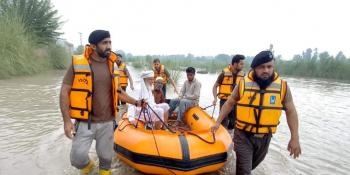
Pakistan Floods - from planning to action
Flooding in Pakistan is a stark reminder that the increasing frequency of extreme weather events, disproportionately affects the poorest societies. Community Emergency Response Teams are in the field providing emergency action.
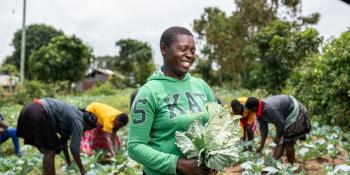
Supporting sustainable agriculture in Kenya
Training on climate resilient agriculture is essential for environmental conservation as it reduces the carbon footprint of the individual farmers and enhance their control on food access, agricultural inputs and water for irrigation.
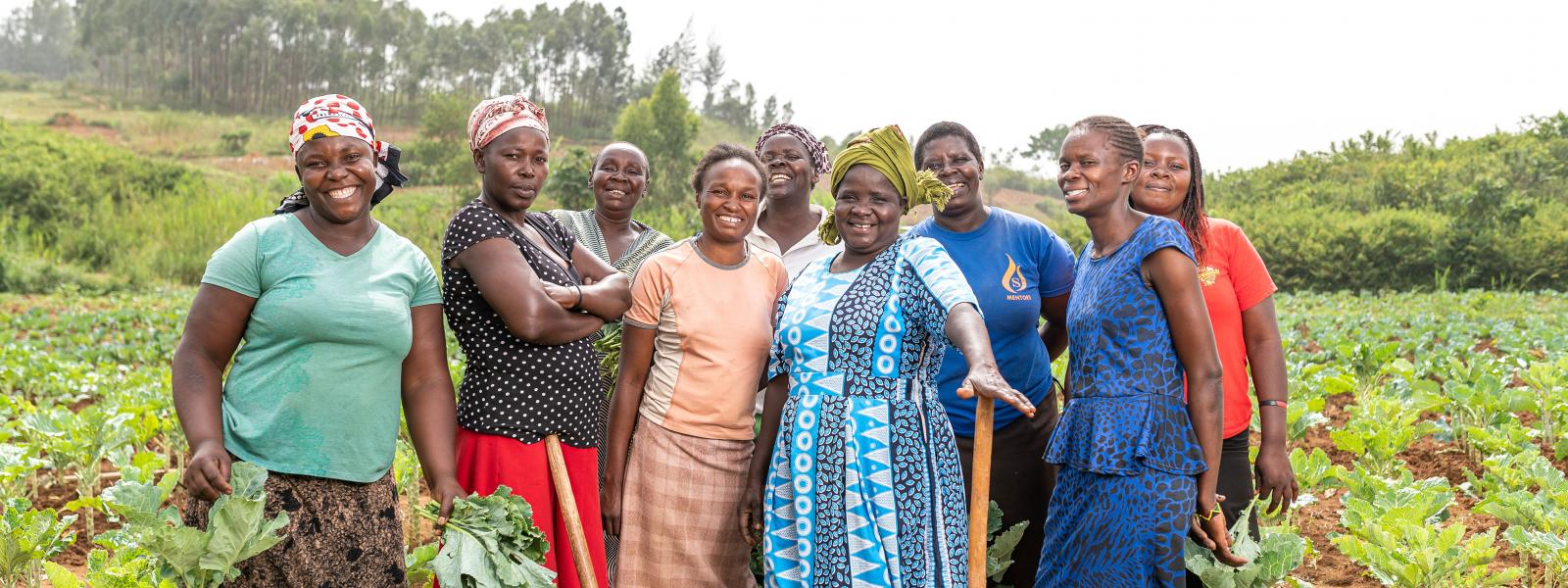
Social accountability
Millions of the poorest people around the world are denied the basic rights and entitlements that are guaranteed in law. Yet corruption, fear and power dynamics can stop people from speaking up and demanding what they deserve. We are committed to giving people a voice, no matter who they are or where they are from, as well as helping authorities to better respond to that voice.
Our volunteers work to bridge the gap between communities and those in positions of power. They empower communities to hold decision-makers to account, whilst also supporting policy-makers and service providers to build their capacity and respond more effectively to people's concerns.
Examples of our work developing social accountability
Volunteers are working with prisons across Zimbabwe, supporting inmates to identify areas of improvement in prison health services - and empowering them to hold authorities to account where standards fall short. As a result, access to sexual and reproductive health services has improved, and the nutritional standard of food provided has increased.
The Dutch government funded Make Way project seeks to promote affordable, accessible and quality sexual and reproductive health services for vulnerable youth in Zambia, Kenya, Uganda, Rwanda and Ethiopia. These types of youths are largely invisible to public policy making and implementation due to their multiple vulnerabilities arising from gender, sexuality, ethnicity, and socio-economic background.
Through the concept of “intersectionality”, the Make Way project recognises the interconnectedness of these multiple vulnerabilities which create complex systems of discrimination or disadvantage for vulnerable young people. Utilising an Intersectional Community Scorecard (ICSC) as a social accountability tool, the project has given these young people a platform through which they can share their experiences.
VSO national and community volunteers in Kenya, Rwanda, Uganda and Zambia have supported vulnerable youth to use the ICSC. This provided community-generated evidence which has been used to engage service providers to improve the delivery of local health services. It has also informed health policy reform among local governments in Kenya and Zambia.
Case studies from our work in social accountability
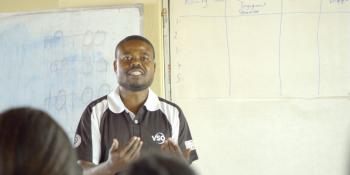
“For me, social work is not just a career, it’s a calling”
Hear from Tugwell, a Social Accountability Advisor under the Speak It Loud project in Zimbabwe. He's using his 16 years’ experience as a social worker to help end violence against women.
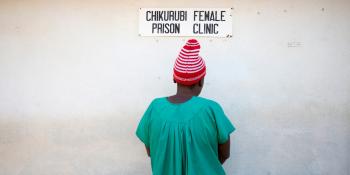
Using scorecards to improve accountability for health in Zimbabwean prisons
We've been working with the Zimbabwe Prison and Correction Services (ZPCS) to empower inmates to identify areas of improvement in prison health services - and hold authorities to account where they fall short.
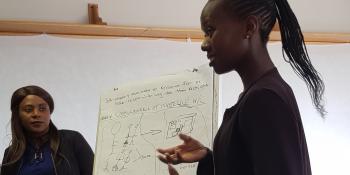
Improving sexual and reproductive health services for young people in Lesotho
We've partnered with the Ministry of Health to improve young people's access to sexual and reproductive health information and services, whilst supporting a citizen-led monitoring approach that holds authorities to account.
